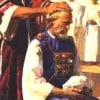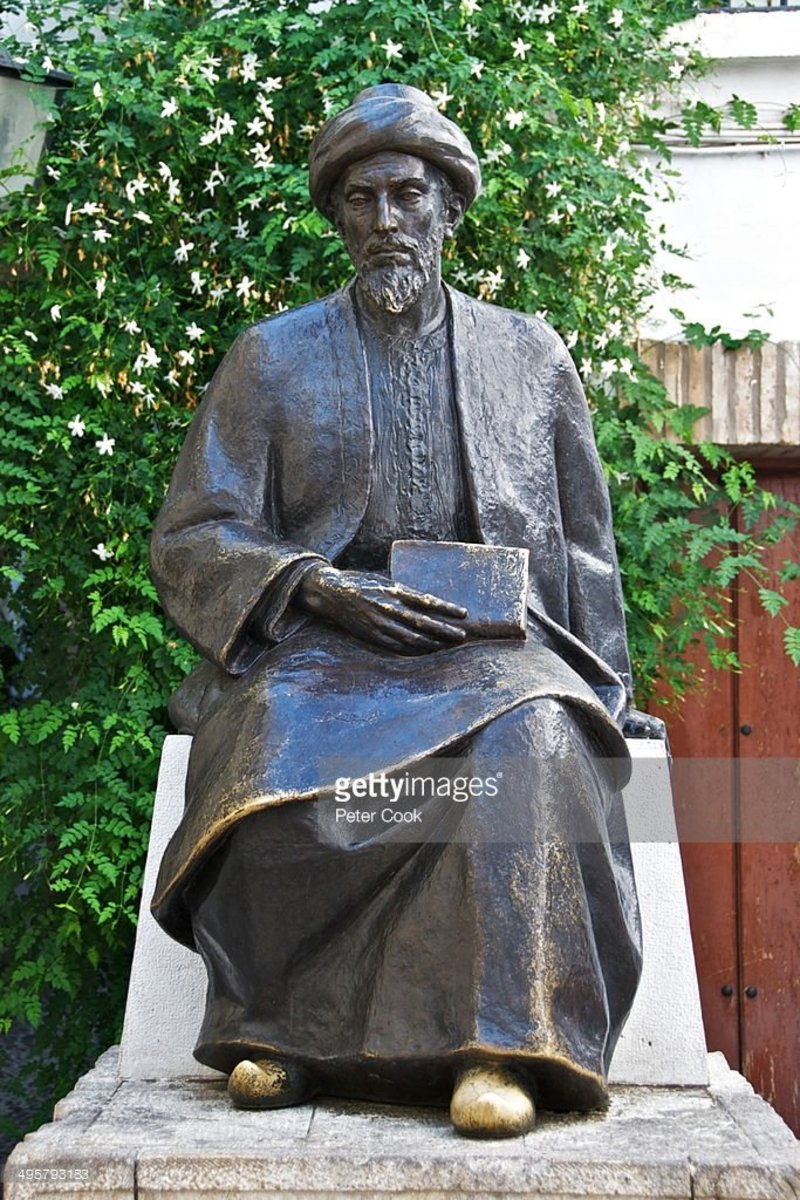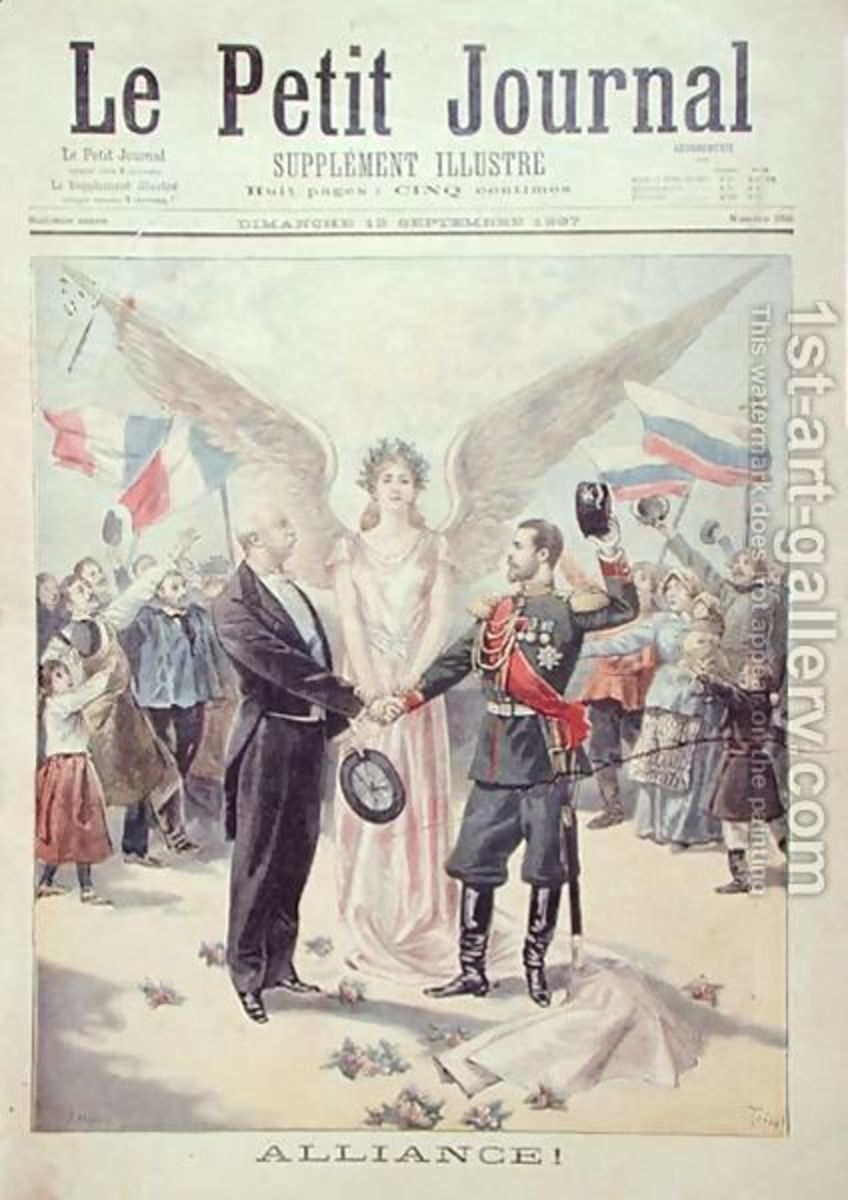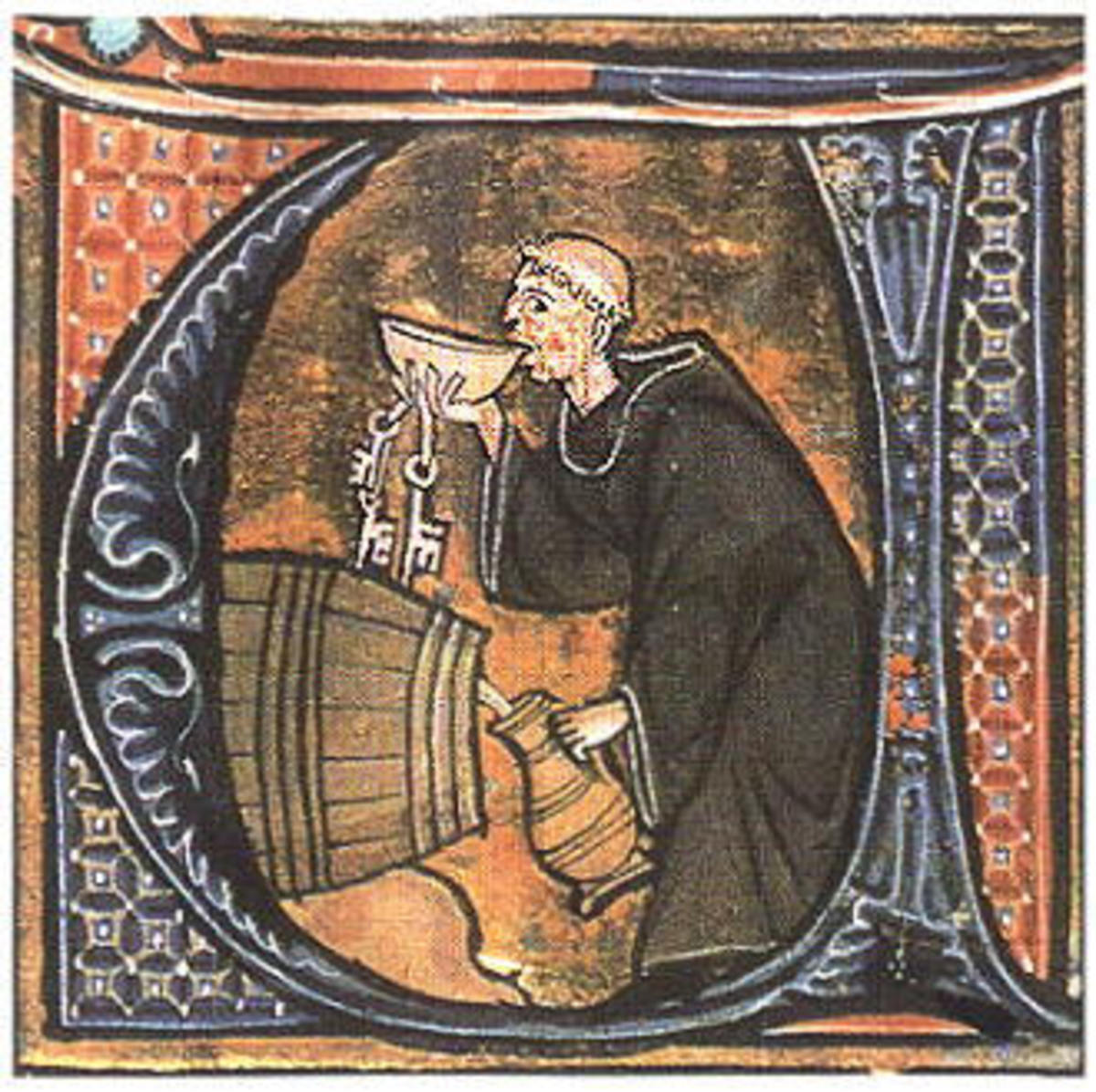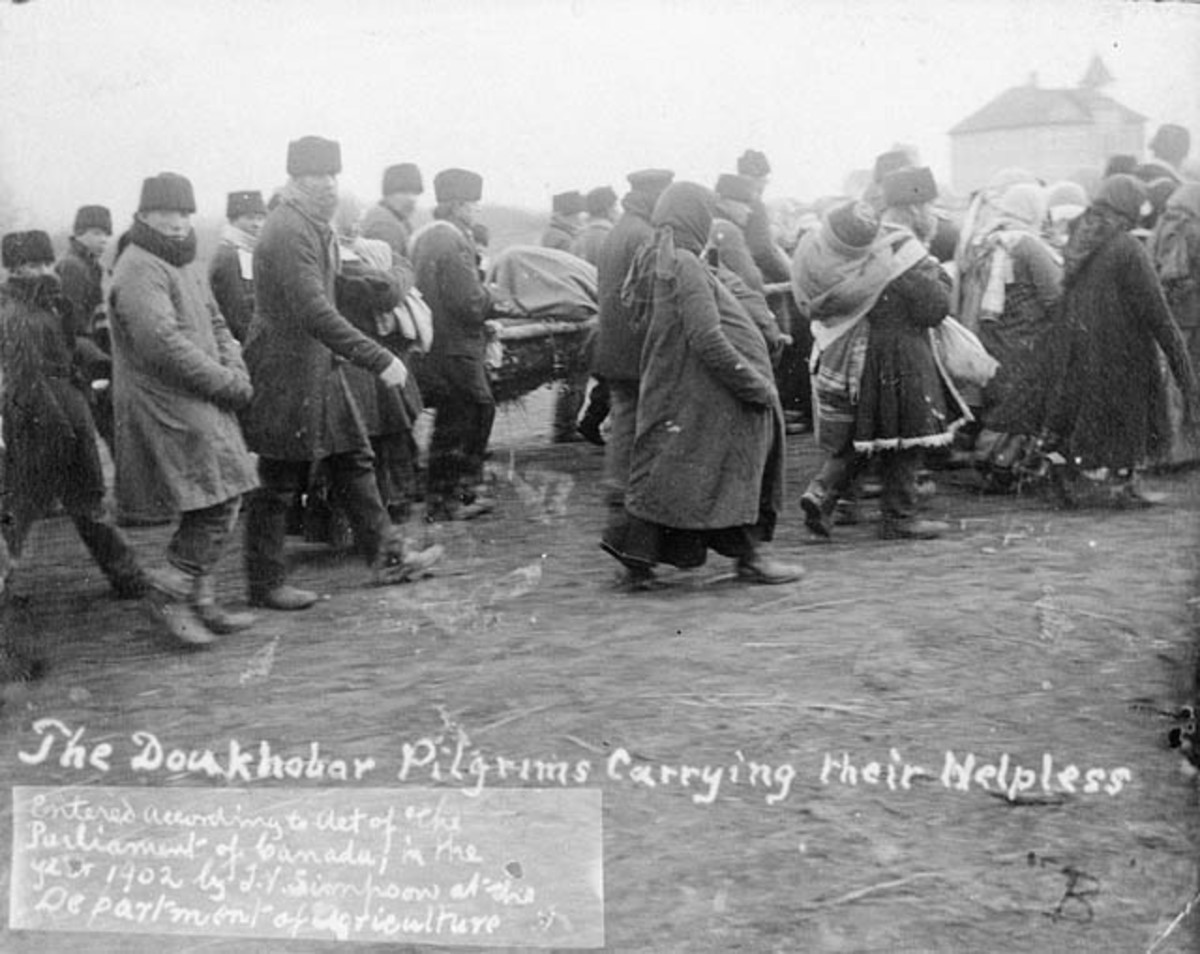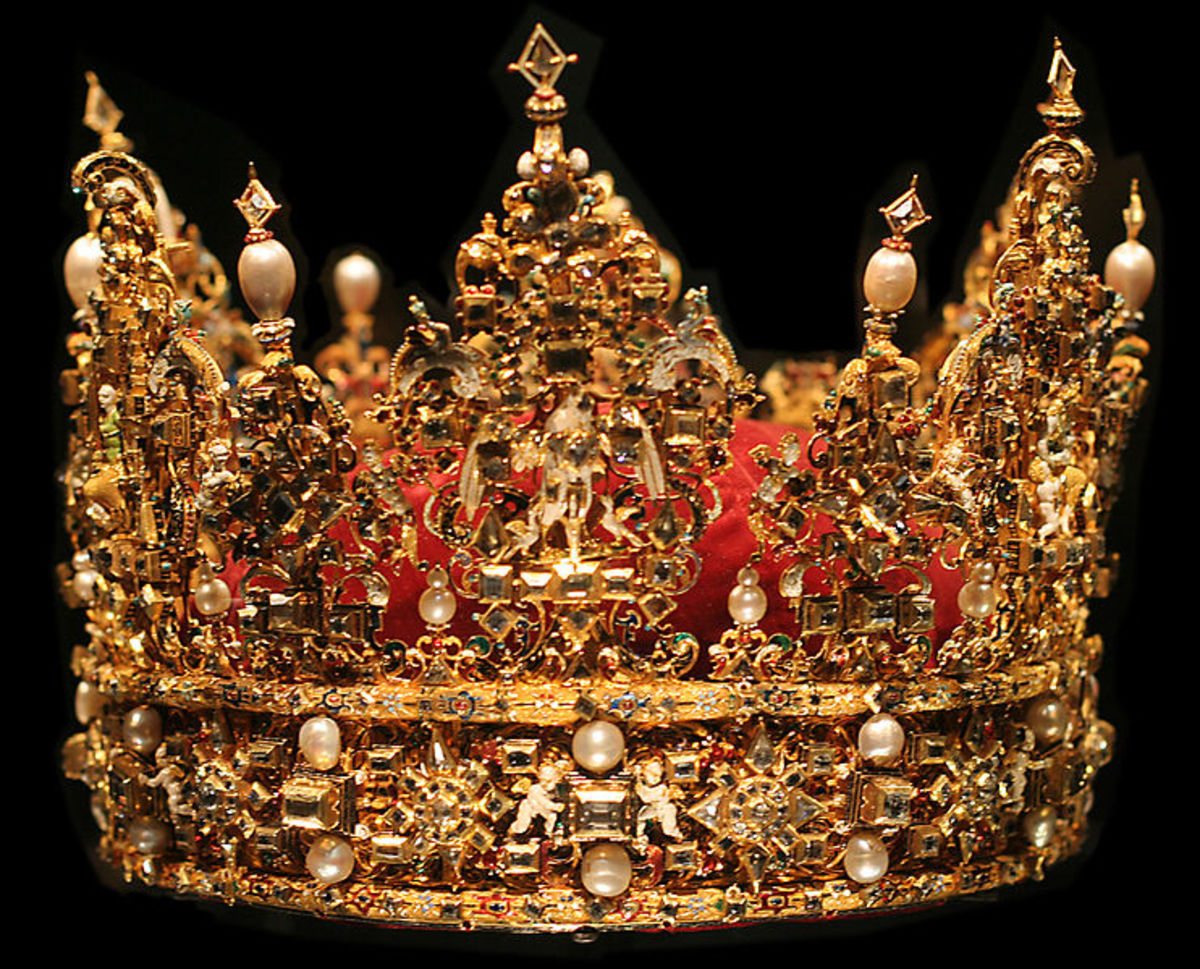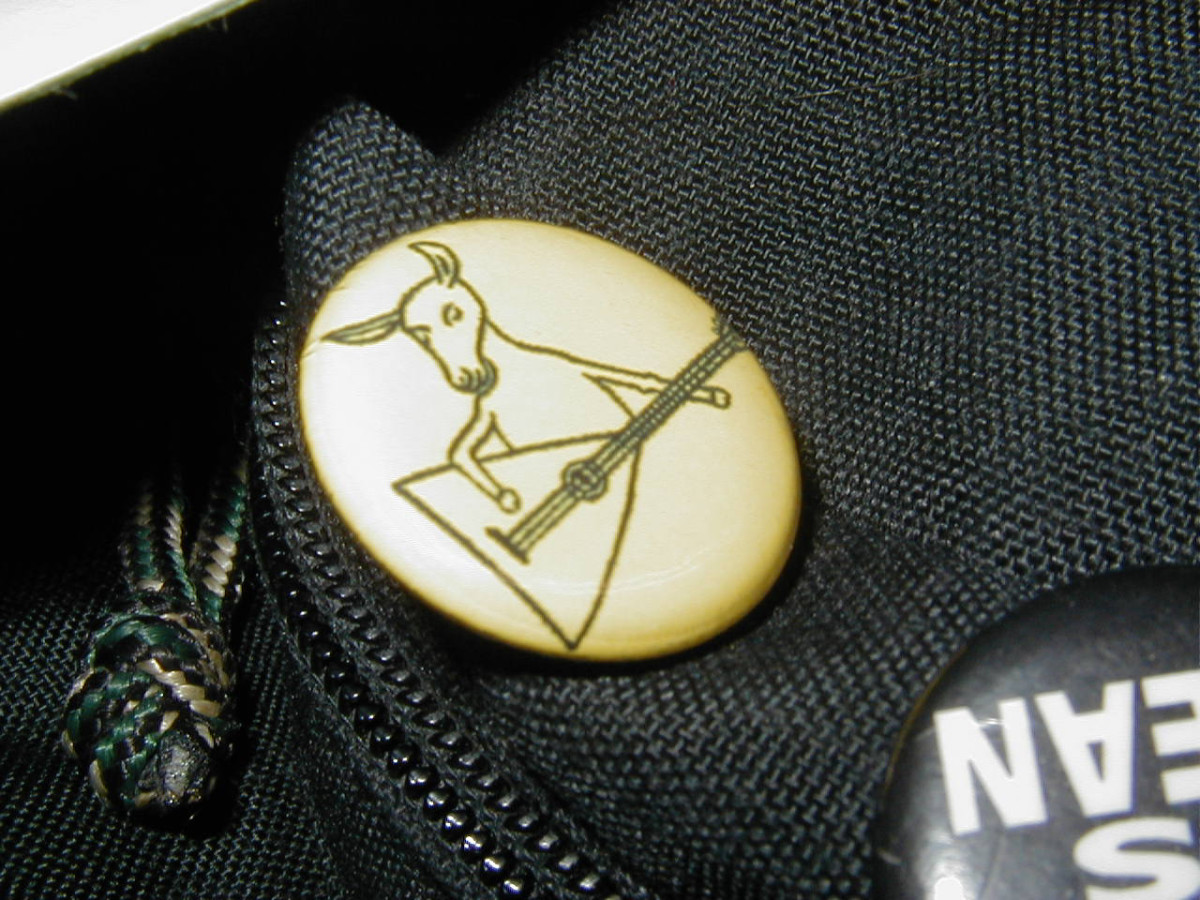Karaite History
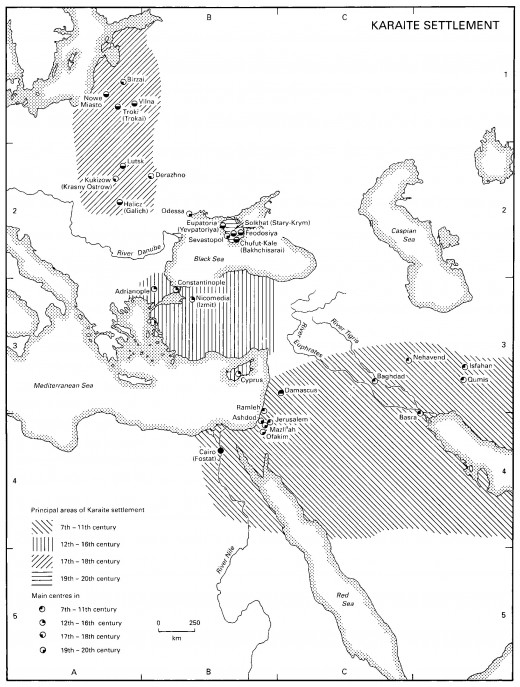
Those following my hubs will find that there is frequent reference to the Kahana belonging to a particular sect known as the Karaim or Karaites. Where once we numbered in the hundreds of thousands, there are probably no more than thirty thousand of us left in the world. If you ask us what our religion is, we will respond that we are part of Judaism but will then quickly qualify by saying we are Karaite Jews in order to emphasize that we are different. We are unique in that we are both old and new in the same instant. Old, in that we follow the original teachings of Moses and the Zadokite way, but new in that we didn't revert back to the old ways until we were challenged in the eight century by the changing doctrines of Rabbinical Judaism. In essence we represented a rebellion against what we considered a religion straying from it original doctrines and we chose to restore our faith and beliefs to the older traditions. As a result, we became the outcasts and branded as being heretical by some. It's ironic to think that by reverting to the old ways we would be the heretics when it was mainstream Judaism that was straying from the original path. All this only re-emphaizes what I have always maintained that those in power get to right history as they believe it should be written and in the process the true events become discarded or eroded. So in this hub, I will attempt to provide some of the history of the Karaites so that you as the reader will know that we actually do exist though you may never hear about us. Even amongst Jews today, most have never heard of us and those that do know about us still try to deny our existence.
Karaites are an oddity unto ourselves. After we had our exodus from Mesopotamia in the 10th century, we in turn fragmented even further int a number of sects. Whereas my adherance stems from the Karaite families located around the Black Sea, from Romania all the way into the Ukraine, there were also similar parcels of families in other locations such as the Baltic, Egypt, Turkey and Byelorussia. You would think being as small as we are, that there'd be uniformity in beliefs and customs, but that is hardly the case. In reading an interesting blog from a Latvian Karaite, I found that besides believing that their community was one of the last outposts of Karaim in the world, the community had also adopted some Christian and Muslim teachings into their customs. I guess that this is to be expected considering the isolation of Karaite communities and the fact that as a paternal hereditary society, the effects of intermarriage would be far more pronounced.
During the nineteenth century, from the printing presses in Turkey there was printed a beautiful edition of the Karaite bible, consisting of the five Books of Moses or the Chumash. This edition was printed in Hebrew with a Turkish Tatar translation in parallel columns. It was arranged and paid for by the Karaite community in Ortakoi, a town near Constantinople, around 1835. To undertake such a project would indicate that barely 170 years ago, the Tatar influence on Karaite history would have been extremely strong. The reasons behind the Tartar conncetion will be touched upon briefly in my novel ZUTRA a book that I hope to have released in the near future as soon as I find a new literary agent. If there should happen to be any literary agents reading this hub, please contact me if you're looking for a new book to represent. ZUTRA is a biographical historical novel about two individuals that practically changed the world and it took both the Sassanid and Byzantine civilizations to finally bring them down. But that's another story for another time.
As Karaites, we also refer to ourselves as the B'nai Mikra (Children of Scripture), and as I had mentioned in previous hubs we attribute our beginnings to the imprisoned Exilarch, Anan ibn David (Kahana family) around 769 AD. The main differentiating point to Rabbinic Judaism is that the only authority accepted is that of the Bible as we reject the Talmudic rabbinic traditions. The major reason for this can also be viewed in some of my blogs but the overriding principle is that the Talmud is nothing but the contentions and impressions of men whom basically wished to enforce their beliefs of scriptural analysis above the direct word of God. Or put even in simpler terms, as soon as God needs an interpreter there's a problem. From its onset, Karaism constituted a serious challenge to traditional rabbinic Judaism, and as time went on Rabbinic Judaism felt it had to react in order to stem the flow and one of these was the slaughter of Karites instituted by Saadiah Gaon around 940AD which is touched upon in Shadows of Trinity available at http://www.eloquentbooks.com/ShadowsOfTrinity.html and other internet book stores. Following the dispersal of this catastrophic event, the numbers dwindled and were concentrated in a few centers. If the main body of Jews and the Karaites differed in matters of faith, they shared the persecutions and pogroms until the incorporation of the Crimea and Lithuania into the Russian Empire at the end of the eighteenth century, when the situation began to change. In 1795, the Empress Catherine II permitted the Karaites to purchase land and relieved them of the double taxation imposed upon rabbinic Jews. In 1827, Karaites were not only exempted from the military draft, which meant twenty-five years of military service but also permission to circulate freely in centres of Russian culture. This situation only furthered the animosity that existed between the two Jewish communities and it was only prudent that Karaites distanced themselves as far as possible from Rabbinic Judaism. Fortunately when it came to the Czarist government all you had to do was emphasize that there were fundamental differences between us and the Rabbic Jews, not only in beliefs and in history, but also from the genetic makeup as well. There is some truth to this in that phenotypically, there are quite a few differences between Ashekenazi Jews of Europe and Karaite Jews with their origins from Mesopotamia. They argued that they were not Jews but "Russian Karaites of the Old Testament Faith," which became their official designation according to the Czarist government. In 1840 Karaites were granted equality of status with the Muslims, and in 1863 with native Russians, a considerable achievement which led to the appointment in 1843 of my ancestor Jakob Goldenthal as the Principal of the Jewish Districts around the Black Sea and based in Kishinev. Unfortunately this appointment did not go over very well, since it meant not only was Jakob in charge of those districts with large Karaite populations but also those with rabbinic populations. What the Rabbinic Jews viewed as his cosmopolitan assimilated makeup, his bastardized Judaism, and his tendency to write commentaries that emphasized the univerasility of Jewish beleifs within a Christian world led to his departure to greener fields in 1846, when he took a position at the University of Vienna and private tutor to the Empress Elisabeth. A position he would not have gained if not for his Karaite background.
During the first decades of the nineteenth century, Russian Karaites increased in The Tatar translation of this Chumash was obviously for a select population of Karaites only. The group of Karaite scholars who edited the text and prepared the translation was headed by Abraham Firkowitz (1786-1874), an antiquarian scholar and bibliographer who as a leader of the separation campaign wrote messages to the Czarist government and collected documents to bolster the Karaite position.
It is rumoured that on occasion Firkowitz doctored the written record to support the Karaite claims of being a distinct ethnic group. So in retrospect the printing of this Chumash was a message being sent to the Czarist authorities that would have proclaimed, "We are very different from the Jews, even having our own version of the Bible which is a completely different language." For the intent and purpose of relieving the persecutions suffered by Jewish communities you can hopefully appreciate the motivation behind such an act.
Though in today's society we would say if it looks like a duck, waddles like a duck and quacks like a duck then it must be a duck. But it was possible when dealing with the Russian government, that even though we still had our religious documents in Hebrew, wore religious attire similar to Jews, practiced many of the festivals and holy days like Jews, had the identical history and origins as Jews, based are entire belief system on the original Judaism, to convince them that we were not Jews and thereby escape the persecutions of anti-semitism then we surely can't be blamed for pursuing a tactic that meant we had the opportunity to enjoy relatively normal lives. Even today I have encountered some rabbinical Jews that like to quote some of the old Russian documentation in which Karaite leaders claimed of not being Jewish. But I ask them, "If their ancestors were placed in the same situation, with the same opportunity would they not have taken it?"
